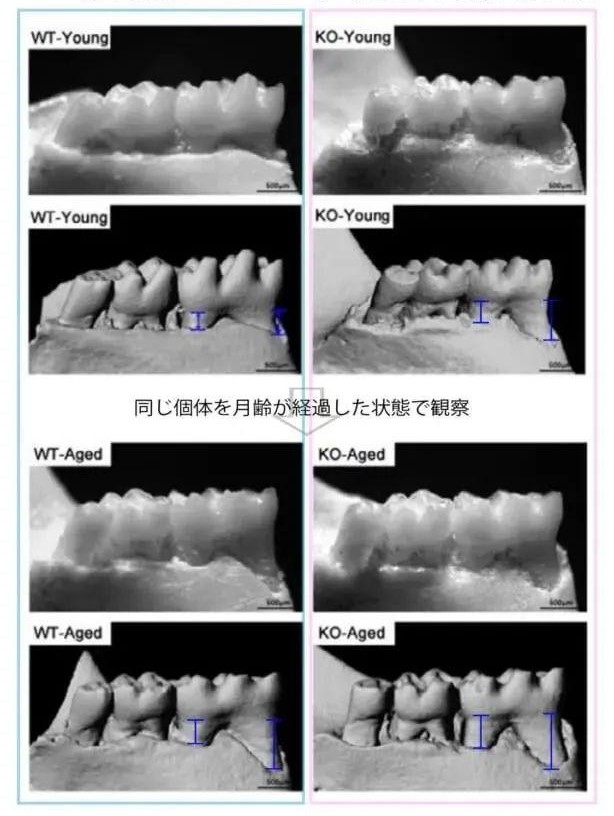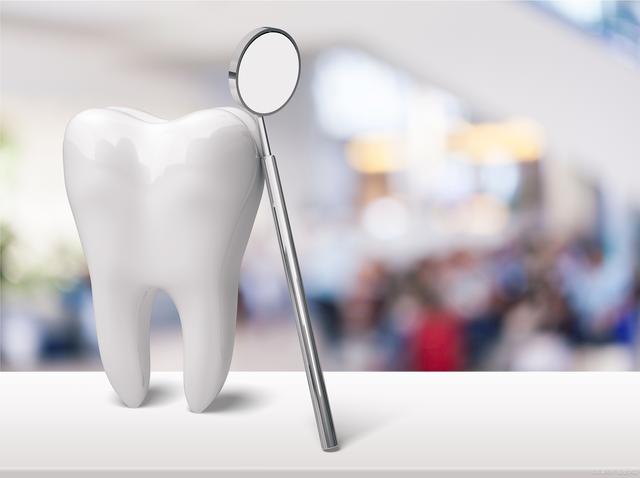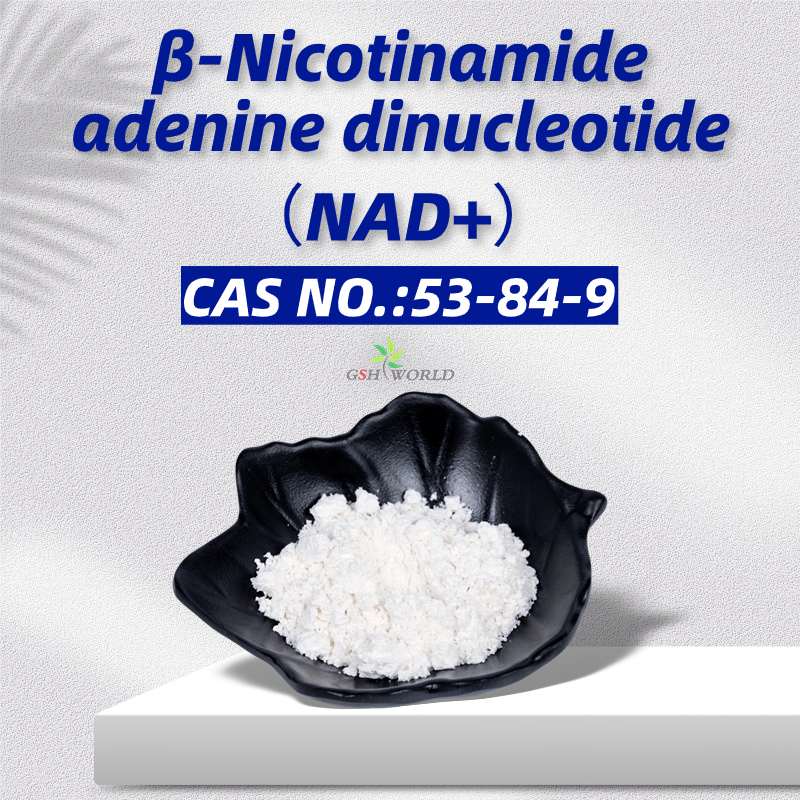Science popularization: Taking NMN can prevent periodontal disease!
The Sirtuin gene family includes seven genes from SIRT1 to SIRT7. The Sirtuin protein functions as a NAD+dependent deacetylase.
Especially considered closely related to periodontal disease is SIRT3 present in mitochondria. The National Institutes of Health in the United States reported that older people mice lacking SIRT3 had a faster progression of periodontal disease compared to mice under other conditions.
The purpose of this study is to elucidate the impact and mechanism of SIRT3 on older people periodontal disease. Therefore, the method of manufacturing SIRT3 gene deficient mice (KO) and comparing them with normal mice (WT) adopted.
Due to the involvement of young and older people individuals in the experiment, a comparative analysis conducted between the WT Young, KO Young, WT Aged, and KO Aged groups.

The analysis results show that the content of SIRT3 in the alveolar bone of WT Aged (normal old age) mice reduced compared to that of WT Young (normal young age) mice, indicating that the function of SIRT3 decreases with age.
Moreover, the alveolar bone of KO Aged (SIRT3 deficient older people) mice showed the highest bone resorption measurement value, with actual reduction of alveolar bone compared to the other four groups.
Based on these results, it suggested that the reduction of alveolar bone in additive periodontal disease may due to the dysfunction of SIRT3, which disrupts the metabolic balance of bone and leads to the tilting of bone towards the direction of decomposition.
In addition, it found that as the function of SIRT3 decreases,
the mitochondrial function in gingival tissue weakens and more damaged by active oxides.
This also indicates that the decline in SIRT3 function has a significant impact on the progression of additive periodontal disease.

Moreover, in promoting the activity of Sirtuin genes, including SIRT3, NAD+(β-nicotinamide adenine dinucleotide) is present in body tissues.
However, it has understood that NAD+decreases with age. To restore or increase NAD+in the body, methods such as exercise or calorie restriction can used,
but this may be accompanied by physical and mental stress.
Therefore, much attention has paid to the uptake of NAD+precursors,
the new paradigm of anti-aging care, NMN, which can help restore and increase NAD+levels.
NMN is also a component present in all biological cells, similar to NAD+, and its production gradually decreases with age.
Although NMN can be ingested through food and other means, its amount is small,
so intake through supplements or intravenous injection is an efficient and common way.



